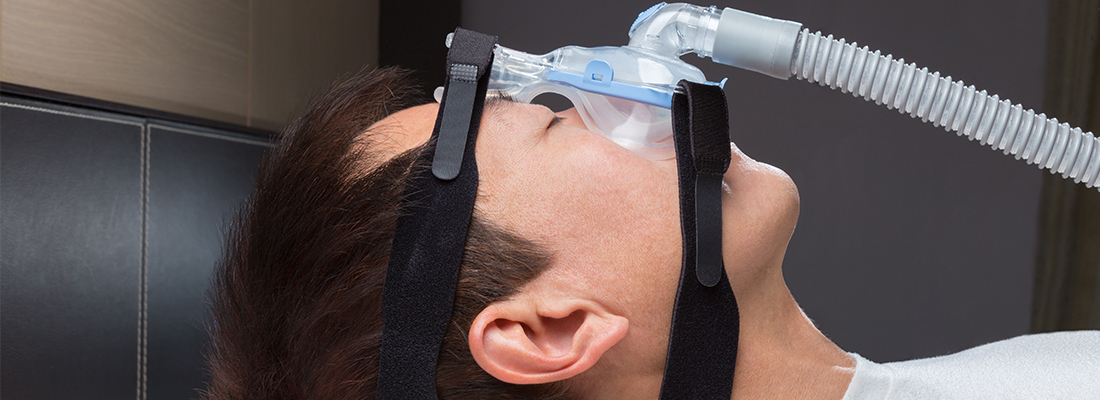Ashford Clinic Blog
Sleep Apnea and Snoring: What is the difference? What are the consequences?
 You snore. All the time. Bummer. But does this noise mean something much more dangerous to your health than social ostracism? Read on to find out.
You snore. All the time. Bummer. But does this noise mean something much more dangerous to your health than social ostracism? Read on to find out.
Lots of people snore. Chronic, loud, annoying, disruptive snoring. Happens all the time. You may have joked about it, or been the butt of other people’s jokes because you are the one rattling the windows. But there is a more dangerous and concerning side to snoring that often goes unnoticed: Obstructive Sleep Apnea (OSA). You need to find out if you are at risk.
According to a major ENT society, the American Academy of Otolaryngology – Head and Neck Surgery to be precise, about 45% of adults snore on occasion and 25% are habitual snorers. If you are in the second group and you wake the dead with your nightly racket, you may be having obstructed breathing. Sleep apnea is not to be taken lightly.
There are three broad categories of snoring. As you’ll see, two of these are problems that call for medical attention.
Non-concerning snoring:
If you only snore when you are congested with allergies or a cold, if you can easily sleep quietly if you don’t sleep on your back, and you awaken refreshed and ready for the day, you probably don’t have Apnea. That said, if you have concerns a trip to the doctor can help you find out if you have anything to worry about.
Concerning snoring:
Chronic, loud, problematic snoring, even in the absence of Sleep Apnea, is different. The National Institutes of Health offers this bit of wisdom: “One study found that older adults who did not have sleep apnea, but who snored 6–7 nights a week, were more than twice as likely to report being extremely sleepy during the day than those who never snored. The more people snored, the more daytime fatigue they reported. That sleepiness may help explain why snorers are more likely to be in car crashes than people who don’t snore.” Drowsy driving is equivalently dangerous to drunk driving.
Obstructive Sleep Apnea:
The granddaddy of all snoring, Obstructive Sleep Apnea (OSA) is a serious medical condition. It’s never a good idea to stop breathing. Stopping periodically throughout the night while you sleep is bad – medically dangerous.
Apneas in OSA are severe. They last at least 10 seconds, are associated with decreased blood oxygen levels, and disrupt sleep. Having 5 or more an hour at night qualifies you for the diagnosis. The consequences of untreated Obstructive Sleep Apnea are not for the faint of heart:
- Severe daytime sleepiness
- High blood pressure
- Heart attack
- Stroke
- Heart failure
None of that sounds like fun. Additionally, weight gain, productivity loss, interpersonal relationship problems, memory issues, depression, and irritability are associated with untreated Apnea. This is a big deal.
How can you find out if you need to worry? Start with a trip to your primary care doctor. If you two feel that you may actually have Apnea, a referral to an ENT and/or Sleep Medicine Specialist will likely follow.
At the specialist’s office, you will be asked many of the same questions: Does anyone see you stop breathing? Are you sleepy during the day? Do you have nasal congestion? Do you still have your tonsils? Have you had blood pressure or cardiac problems?
You will also fill out the Epworth Sleepiness Scale, a questionnaire that helps evaluate how drowsy you are during the day.
A thorough physical exam of your nasal airway, mouth and throat, and maybe even a fiberoptic airway evaluation (via a small camera, inserted in the airway – fun) can help determine the location of your snoring and airway collapse.
If OSA looks likely, an in-lab or at-home sleep study is the next step, to measure the severity of your problem.
Conclusion:
Snoring may be an indicator of the much more serious problem of OSA. If you are worried, don’t wait to look into it.


